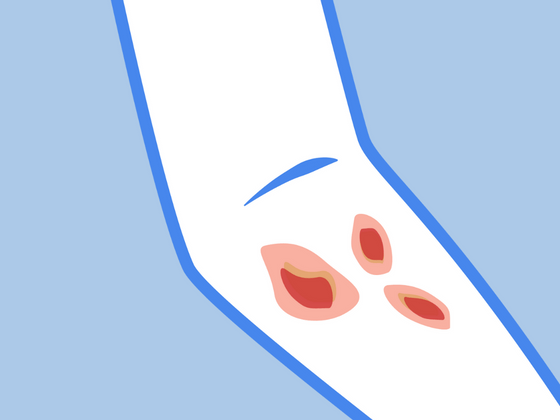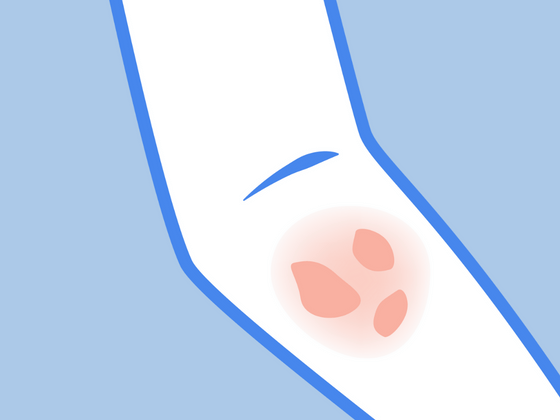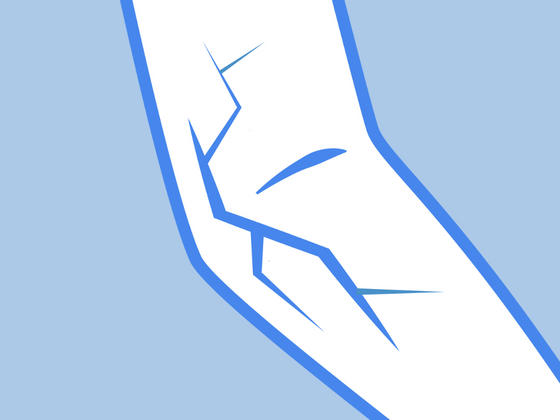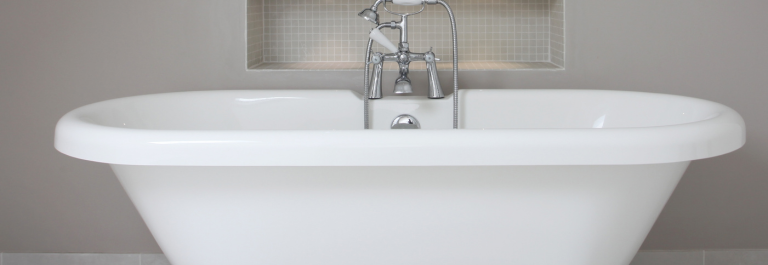Living with eczema or atopic dermatitis can be challenging, especially when it feels like no matter what you do, your skin remains dry, itchy, and inflamed. One critical factor that often goes overlooked is hydration. Did you know dehydration can weaken your skin barrier, worsening eczema symptoms?
In this blog, we're going to explore:
-
The link between eczema and dehydration
-
How water intake impacts skin hydration and barrier function
-
Tips for managing eczema through proper hydration
Read on to learn how staying hydrated can play a key role in managing your eczema symptoms and improving your skin health!
The Link Between Eczema and Dehydration
Eczema, also known as atopic dermatitis, is a chronic condition characterized by dry, itchy, and inflamed skin. One of the primary challenges for people with eczema is maintaining a strong skin barrier, which is essential for keeping moisture in and irritants out.
Dehydration can exacerbate skin dryness and inflammation, leading to a compromised skin barrier. When your skin barrier is weakened, your body loses moisture more easily, making it harder for your skin cells to function properly. This cycle of dryness and irritation can trigger eczema flares, causing discomfort and worsening the condition.
Why Does Dehydration Affect Eczema So Much?
Weaker skin barrier function
Dehydration reduces your skin's ability to retain moisture, leaving it more vulnerable to irritants and allergens.
Increased inflammation
Dehydration can lead to systemic inflammation, which can aggravate eczema symptoms.
Immune system impact
Adequate hydration supports overall health, including the immune system, which plays a key role in managing atopic dermatitis.
How Water Intake Impacts Skin Hydration and Barrier Function
Research suggests that drinking plenty of water can positively affect your skin's hydration levels, improving its barrier function and reducing eczema symptoms. But it's not just about drinking water—it's about maintaining a consistent intake of fluids to ensure your skin stays hydrated throughout the day.
How Much Water Should You Drink?
While the common advice is to aim for eight glasses of water a day, your needs may vary depending on factors like age, activity level, and climate. For people with eczema, ensuring an optimum water intake level is particularly important to support the skin's barrier and overall health.
Tips for Better Hydration:
Monitor your water consumption
Keep track of your fluid intake and ensure you drink enough to support your body's needs.
Avoid sugary drinks and alcohol
These can dehydrate your body and worsen eczema symptoms.
Include water-rich foods
Fruits and vegetables like cucumbers, watermelon, and oranges can contribute to your hydration levels.
Tips for Managing Eczema Through Proper Hydration
Staying hydrated is only one piece of the puzzle regarding managing eczema. Pairing adequate water intake with a good skincare routine and other lifestyle adjustments can significantly improve your skin's health.
Use Moisturizers to Lock in Hydration
Hydration doesn't just come from drinking water—it also involves keeping the water in your skin. A rich, natural moisturizer like our Nourish + Hydrate Manuka Balm works wonders for keeing the skin hydrated. With just six carefully selected ingredients, including manuka honey's soothing and antibacterial properties, it deeply hydrates even the driest areas.
Try Wet Wrap Therapy
For an extra dose of hydration, consider wet wrap therapy. This easy at-home treatment enhances your skin's ability to absorb moisture. Start by soaking the skin with lukewarm water and applying a natural emollient like the Organic Manuka Honey Skin Soothing Cream. Then, layer a damp piece of clothing over the treated area, followed by a dry layer on top. This method helps lock in hydration and calm irritated skin, leaving it feeling refreshed and replenished.
Wear Skin-Friendly Clothing
What you wear can significantly impact your skin's health, especially during flare-ups. Protective clothing like our Remedywear™ Long Sleeve Shirt for adults and kids is a game-changer. Made with soft, breathable TENCEL fabric and infused with anti-inflammatory zinc, it shields your skin from irritation and promotes healing. Its moisture-wicking properties ensure all-day or all-night comfort, helping you focus on life instead of the itch.
Address Eczema Triggers
Dehydration isn't the only factor that can make eczema worse. Common triggers include:
-
Food allergies: Certain foods can cause inflammation and trigger flare-ups.
-
Emotional stress: Stress is known to exacerbate eczema symptoms, so finding ways to manage it, such as mindfulness or yoga, can help.
-
Environmental irritants: High levels of dust, pet dander, or pollen can lead to skin dryness and inflammation.
Balance Your Lifestyle
A balanced diet rich in essential minerals and nutrients is vital for skin health. Omega-3 fatty acids in fish and flaxseeds can reduce inflammation, while zinc and vitamin D support skin repair and hydration. Natural topical treatments like beef tallow cream can also provide additional nourishment for dry, compromised skin.
Why Hydration Is Key
Staying hydrated is key to improving atopic skin and reducing the severity of eczema symptoms. By maintaining an optimum water intake level, you can:
-
Support your skin's barrier function
-
Reduce inflammation
-
Improve your overall quality of life
We know how frustrating it can be to manage eczema. That's why we recommend incorporating proper hydration into your daily routine alongside natural skincare solutions to keep your skin nourished and healthy.
Take Control of Your Skin Health
Ready to start your hydration journey? Explore our range of natural moisturizers and eczema cream products to complement your water intake efforts and achieve happier, healthier skin.











